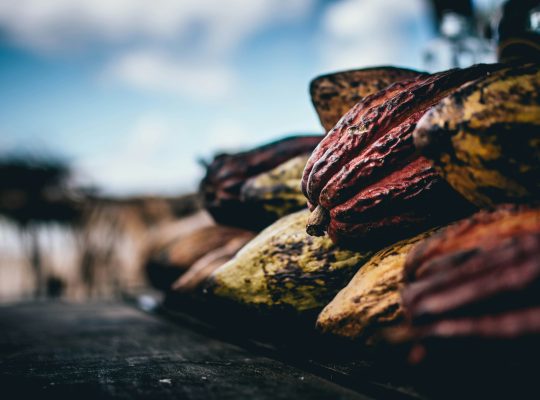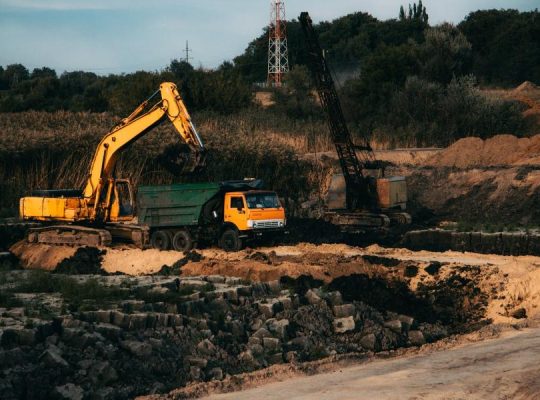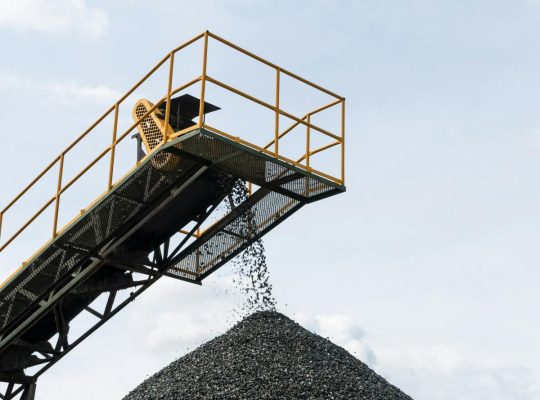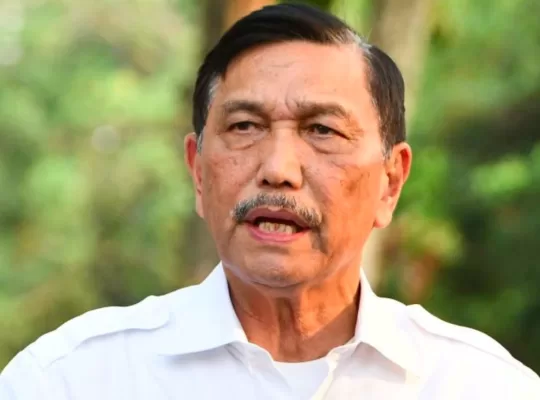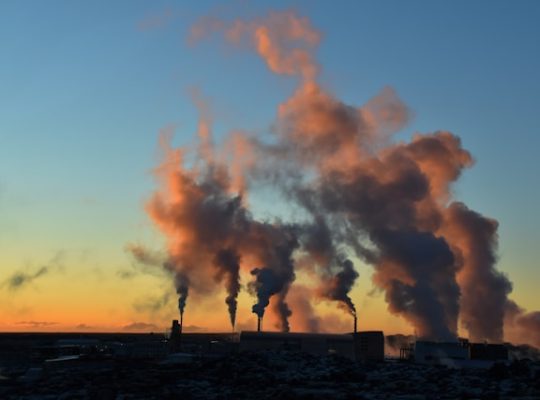Nickel plays a pivotal role in today’s tech-savvy world, fueling the shift towards digital advancements, eco-friendly initiatives, and sophisticated defense systems. The catch, however, is that only a few countries oversee the mining and processing of these key minerals, which leads to worries about the constant availability of these materials.
Back in 2020, the Indonesian government decided to put a stop to exporting raw nickel. They wanted to ensure that nickel mined within Indonesia contributes more to the nation’s own economy. By doing this, they aimed to encourage the development of a local industrial chain. This chain covers everything from mining the raw nickel ore to refining it into class-1 nickel, creating batteries for electric vehicles (EVs), and potentially the production of EVs themselves on Indonesian soil.
This no-export policy really caught the attention of China, resulting in a significant investment surge into Indonesia’s nickel industry. All three high-pressure acid leach (HPAL) facilities in Indonesia producing nickel for batteries are thriving on Chinese funds and technology. Two are majorly owned by Chinese interests, and the third one has substantial Chinese investment. This arrangement has allowed Chinese firms to procure Mixed Hydroxide Precipitate (MHP) from Indonesia at favorable prices, cementing the connection between Indonesia’s nickel production and the Chinese battery market.
China acknowledges nickel as a vital material, but can’t produce enough of it to satisfy its own needs, which is why these Indonesian HPAL facilities are so crucial. A noteworthy fact is that two of these facilities are situated within an Industrial Park, which China brands a part of its Belt and Road Initiative. Both the leaders of Indonesia and China were present during the agreement ceremony for this Industrial Park, underlining its significance.
The United States, meanwhile, only started to classify nickel as a critical material since 2022 and is keen on bolstering its own nickel production. The US administration has its qualms about the deep level of Chinese influence within Indonesia’s nickel industry, which makes the US somewhat hesitant to negotiate a strategic resources agreement with Jakarta. Added to these hesitations are growing concerns about the ecological footprint and working conditions tied to the nickel industry. Issues like the loss of forests and biodiversity, along with fatal accidents stemming from poor safety measures for workers, are all points of contention.






